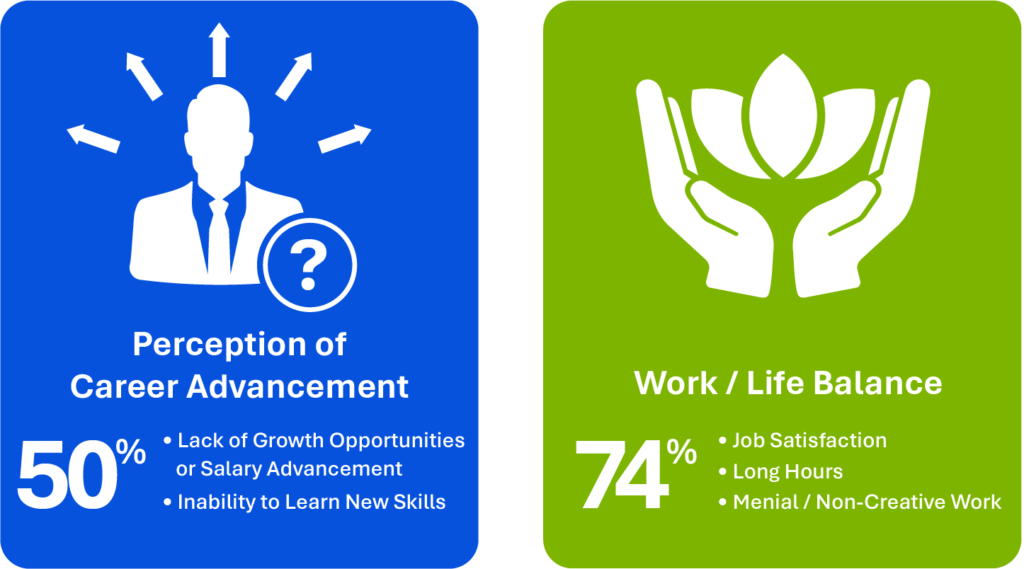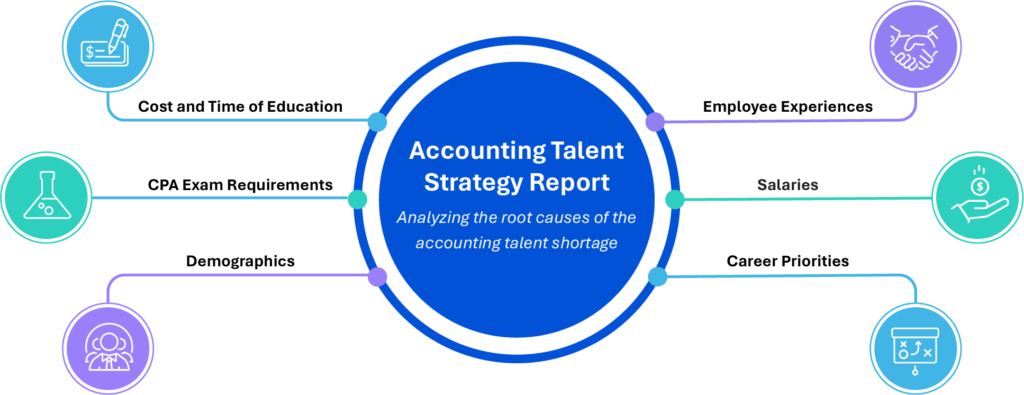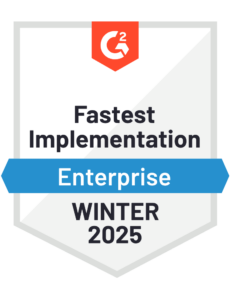Accounting Shortage: The Real Reasons Accountants Quit
Blog post
Share
It’s no secret that there’s a growing concern about burnout and overwork in financial roles which is leading to a significant shortage of accountants. In 2024, the U.S. Bureau of Labor Statistics reported that 300,000 auditors and accountants have quit their job in the last two years—this represents a 17% reduction in the profession’s workforce. But these problems are not isolated to the United States, countries worldwide are struggling with a shortage of accountants into the profession. One of the largest studies of the accounting profession worldwide found:
- 44% of accountants surveyed expect to change jobs within the next year
- Nearly 70% expect to do so in the next two years
- 54% of those surveyed expect their next career move to be outside their current organization
What’s the Real Reason for This Accounting Shortage?
A recent study from Institute of Management Accountants and Robert Half identified some of the top causes of turnover in the accounting and finance profession.

Here are a few statements from accounting and finance professionals on the reason they left their job.
- “I can’t maintain 65-hour workweeks. It’s impacting my health.”
- “I’ve been here for a while, but I don’t see potential advancement, just increased responsibilities.”
- “We’re perpetually short-staffed. More duties, unpaid extra hours, it’s all affecting my work-life balance.”
- “Too much manual work and no time for growth or bigger projects.”
Accountant Shortage Costs: Turnover, Recruitment, Training and Pipeline
In the accounting and finance sectors, employee turnover can be very costly due to the skills required for these professions. According to Vaco Talent Solutions, a leading staffing agency, replacement often costs between 100% and 150% of their annual salary, with costs rising significantly for executive roles, where they can reach up to 213% of the salary. These expenses are primarily driven by recruiting costs, onboarding, and the lag time until a new hire becomes fully productive.
In accounting departments, where precise work is critical, the loss of institutional knowledge can be especially problematic and lead to critical errors, delayed financial close and reporting, and reduced morale among remaining staff.
Additionally, the accounting profession is currently dealing with a significant pipeline gap of new accountants entering the field. This gap is driven by the rising costs and time commitments associated with education and the rigorous CPA exam requirements. Many potential accountants are discouraged by the extensive academic preparation and certification process, which includes a high number of credit hours and demanding study requirements. This has led to fewer young professionals entering the field, and those who do often face a disparity between the required effort for certification and low starting salaries, which generally don’t reflect the level of investment made.

Source: “Accounting Talent Strategy Report,” National Pipeline Advisory Group
Demographics within the profession further complicate the accounting shortage. A large segment of experienced accountants are reaching retirement age, and younger generations often prioritize work-life balance, purpose-driven work, and flexible career paths. This causes organizations with more traditional accounting roles to struggle to appeal to emerging talent. Employee experiences in accounting can also be challenging, with very heavy, unfulfilling workloads along with increased seasonal demands, contributing to burnout and turnover in a field that is already stretched thin.
Retention must be a top priority. What’s it going to take to keep accountants from quitting when the workload keeps piling up?
AI Helps Bridge the Accounting Shortage
AI technology has the potential to bridge this accounting shortage by automating repetitive tasks, such as data entry, report generation, some auditing processes, and much of the accounting close process. This reduces the reliance on human labor for basic tasks, allowing professionals to concentrate on more value-add, strategic functions. This not only helps current accountants maximize their skills but also helps to make the field more attractive to new talent by emphasizing analysis, problem-solving, data skills, and strategic insight over routine work.
While some still worry that AI is going to replace them, the reality is more that it’s going to replace their least favorite parts of the job. In addition, AI-driven tools can lower operational costs and improve efficiency, creating a potential for companies to offer more competitive salaries, better work-life balance, and innovative career paths.
Accounting and finance leaders, to help bridge the shortage of accountants you must empower your employees with AI-driven tools that can significantly cut down the amount of time spent on frequent, tedious tasks. From there, help them understand how AI can make their jobs more enjoyable, and help speed the time from data to insights.
Looking for more tips on achieving better work-life balance with AI-driven accounting tools? Download our white paper, “Balance Your Books, Balance Your Life.”
Written by: Lindsay Rose






